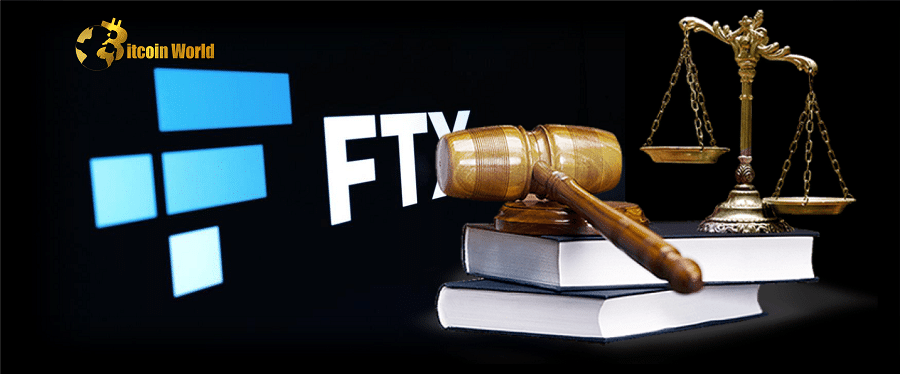The nomination of an independent examiner has been contested by FTX lawyers, joint interim liquidators of FTX.US and the Bahamas, and a committee of creditors.
An examiner’s inquiry into FTX’s failure might cost the company up to $100 million while delivering no benefit to creditors or equity holders, according to lawyers representing the bankrupt crypto exchange.
The comments were part of a Jan. 25 response to a December request by the United States Trustee, which asked the judge to appoint an independent examiner to guarantee any investigations are transparent and their findings are made public.
FTX lawyers stated that creditors would not profit from an examiner inquiry that replicates investigations done by FTX’s CEO John J. Ray III, a committee of creditors, law enforcement agencies, and congress, adding:
“The appointment of an examiner, with a mandate to be determined, can be expected to cost these estates in the tens of millions of dollars. Indeed, if history is a guide, the cost could near or exceed $100 million.”
On January 25, the creditor’s committee, also known as The Official Committee of Unsecured Creditors, filed their own opposition to the appointment of an independent examiner, claiming exorbitant costs and ongoing investigations by numerous parties.
The U.S. Trustee had indicated in the original motion that if the court was worried about duplication of effort, it could allow the examiner to view existing work, adding:
“An examiner may also allow for a faster and more cost-effective resolution of these cases by allowing Mr. Ray to focus on his primary duty of stabilizing the Debtors’ businesses while allowing the examiner to conduct the investigation.”
On Jan. 25, joint provisional liquidators in the Bahamas and FTX.US also opposed the appointment, citing a section of the bankruptcy code that allows the judge to appoint an examiner “as is appropriate” and arguing that the unnecessary costs and delays associated with the appointment make it “inappropriate.”
Throughout the FTX bankruptcy litigation, the nomination of an independent examiner has been a major bone of contention.
On December 9, a group of four United States senators, including Elizabeth Warren, wrote an open letter to Judge John Dorsey of the United States Bankruptcy Court for the District of Delaware, claiming that FTX’s counsel, Sullivan & Cromwell, had a conflict of interest in the case and questioned their ability to provide findings that inspire confidence.
However, on Jan. 20, the judge concluded that there were no potential conflicts of interest that would prevent the law firm from continuing to represent FTX.
In a court hearing on February 6, the judge will determine whether to accept the appointment of an independent examiner.
Bankruptcy courts frequently hire independent examiners to investigate the intricacies of complex cases filed before them. They were chosen in other high-profile bankruptcy cases, including Lehman Brothers during the subprime mortgage crisis and the cryptocurrency exchange Celsius.














